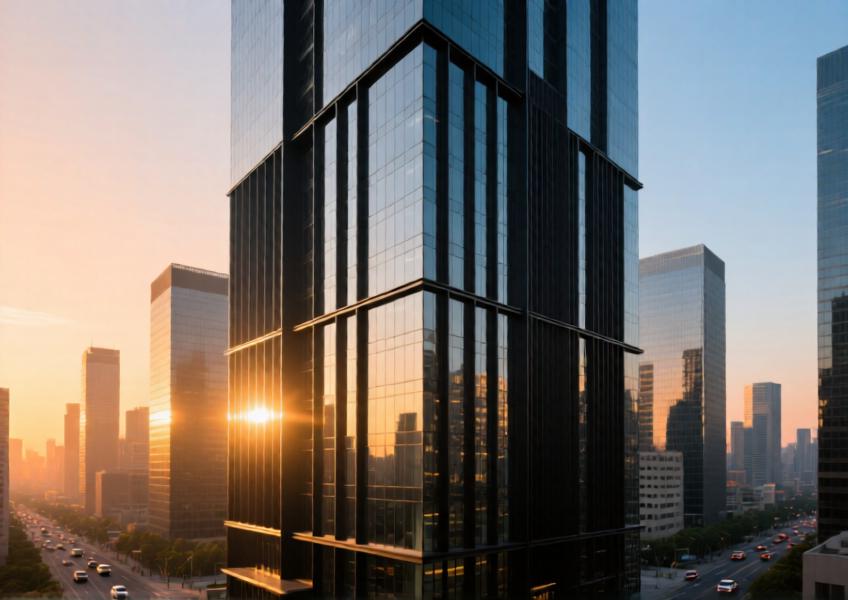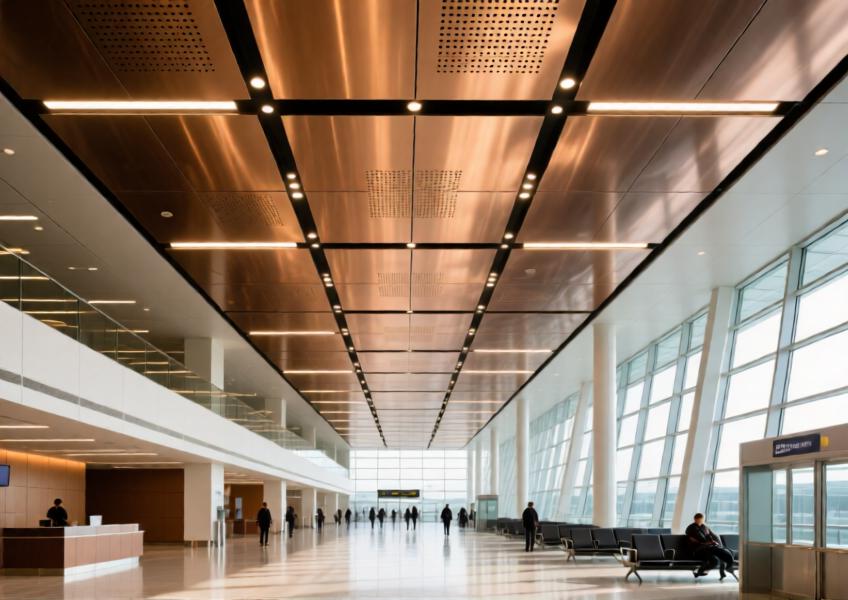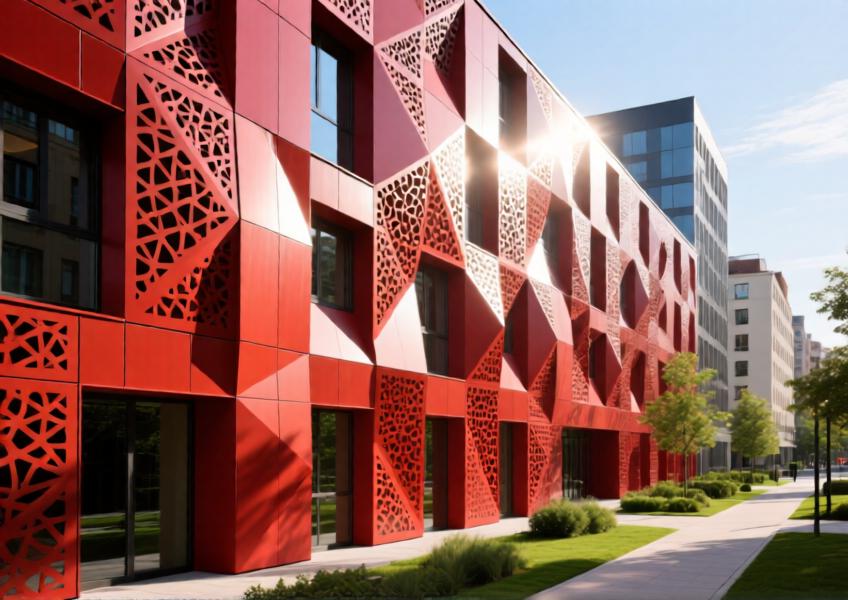

In the evolving world of architectural design, curtain facade systems have become a defining feature of modern buildings. Combining aesthetic appeal with structural efficiency, these systems are reshaping skyscrapers, commercial complexes, and even residential towers. At the heart of this transformation lies aluminum—a material celebrated for its strength, versatility, and sustainability.
Aluminum curtain walls offer architects the freedom to create bold, transparent, or textured exteriors without compromising on performance. Unlike traditional masonry facades, they provide a lightweight, modular solution that enhances thermal insulation, reduces energy consumption, and allows for expansive glazing. In cities like Shanghai and Dubai, where glass-clad towers dominate the skyline, aluminum curtain walls have become the go-to choice for high-rise construction.

Beyond the exterior, aluminum ceilings are gaining traction in interior architectural design. These systems not only contribute to acoustic comfort and lighting integration but also maintain a sleek visual continuity with the building’s exterior. Whether in airports, shopping malls, or office lobbies, aluminum ceilings offer durability and design flexibility, often incorporating perforations or custom patterns to enhance both function and form.

Aluminum decorative materials further extend this design language into facades, sunshades, and cladding elements. With finishes ranging from anodized to powder-coated, they allow for endless customization while resisting corrosion and weathering. In recent projects across Europe and Southeast Asia, designers have used aluminum panels with intricate laser-cut patterns to create dynamic curtain facades that respond to sunlight, offering both shade and visual interest.

As urban environments demand smarter, more sustainable solutions, the curtain facade continues to evolve—melding aesthetics with energy efficiency, durability with innovation. It's not just about how a building looks anymore; it's about how it performs, breathes, and interacts with its surroundings. And in this new architectural era, aluminum remains at the forefront.